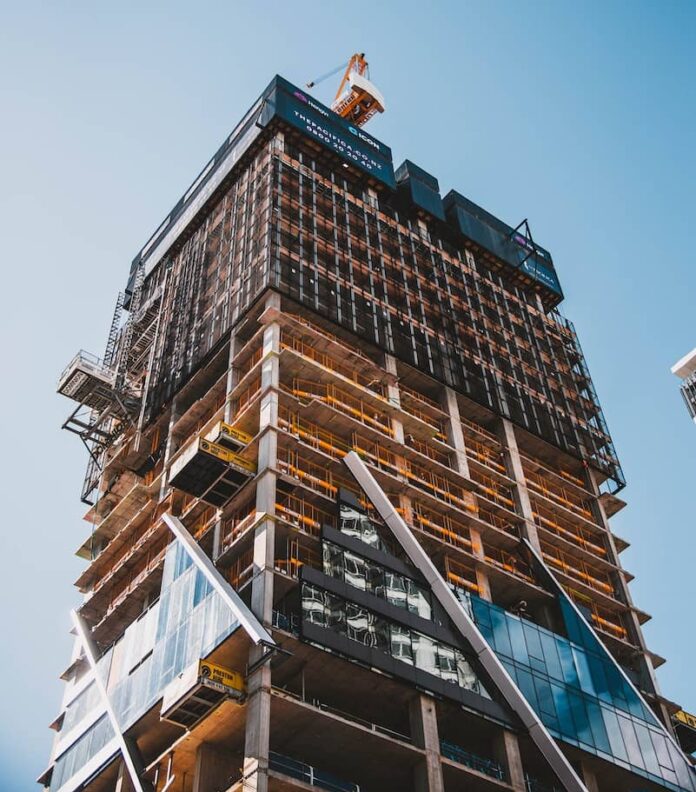A renewed push to eliminate the carried interest tax loophole officially died on Friday, August 5th, as Arizona Senator Kyrsten Sinema, the lone democrat in favor of keeping the tax break, refused to support its repeal. Instead, the Senate passed the climate and tax reform bill with the carried interest tax loophole intact.
The carried interest loophole, with all of its complexities, is best understood as a tax break enjoyed almost exclusively by the ultra-wealthy. Carried interest enables private equity and hedge fund managers to downsize their tax burden by claiming income from fund investments as capital gains instead of ordinary income.
In the real estate world, the portion of the profits that developers and fund managers receive from a real estate project or transaction qualifies as carried interest. Put simply, investment income for institutional investors, as long as it meets a certain profit threshold, isn’t treated as typical income, but as “capital gains.”
2021-2022’s highest-income tax bracket applies to all individual income over $523,601 per year, with normal income in this bracket taxed at a federal rate of 37%. However, according to The Real Deal, institutional investors can claim investment income as capital gains. They only have to pay the 20% capital gains rate and an additional 3.8% percent tax, resulting in a 23.8% tax rate, a third less than the top-line federal rate for typical income. This amounts to huge savings for uber-wealthy institutional investors.
Many professionals in the real estate industry defend carried interest as a way to incentivize more investment. The Real Estate Roundtable (RER), a public policy organization that advocates on behalf of the real estate industry, summed up this position perfectly.
In an article, the organization defended carried interest as a way to incentivize entrepreneurs to make risky investments. They also claimed that it helps small businesses and early entrepreneurs grow their ventures, especially in the real estate industry. According to RER, eliminating the carried interest tax would “make it more expensive to build modern shopping centers, offices, and apartments, especially in long neglected neighborhoods…as a consequence, significant higher-risk development simply will not happen.”
NYC-based hedge fund manager Bill Ackman, a billionaire who constantly took advantage of the carried interest loophole throughout his career, is also one of its most prominent critics. Ackman has made a lot of his fortune through investing in New York real estate — for example, last year he listed a Chelsea office building he co-owned with another investor for $630 Million.
However, in a recent Twitter thread, the billionaire called the carried interest loophole “a stain on the tax code.”
These are harsh words from a man who is one of the tax break’s largest beneficiaries. However, according to Ackman, the carried interest tax only benefits the very wealthy. “It does not help small businesses, pension funds, other investors in hedge funds or private equity and everyone in the industry knows it. It is an embarrassment and it should end now.”
The carried interest loophole is a stain on the tax code. It does not help small businesses, pension funds, other investors in hedge funds or private equity and everyone in the industry knows it. It is an embarrassment and it should end now. https://t.co/HCmODFjDvu
— Bill Ackman (@BillAckman) July 29, 2022
In a separate Twitter thread, Ackman also claimed that investors don’t need the carried interest loophole to incentivize taking on high-risk investments. “The daily activity of investment management does not need the additional incentive of lower carried interest taxation to drive behavior”, he claimed.
Tyler graduated from Virginia Commonwealth University in 2017 with a Bachelor's degree in Urban and Regional Studies. Currently based in Los Angeles, he works as a freelance content writer and copywriter for companies in real estate, property management, and similar industries. Tyler's main professional passion is writing about critical issues affecting big and small cities alike, including housing affordability, homelessness, inequality, and transportation. When he isn't working, he usually plans his next road trip or explores new neighborhoods and hiking trails.



